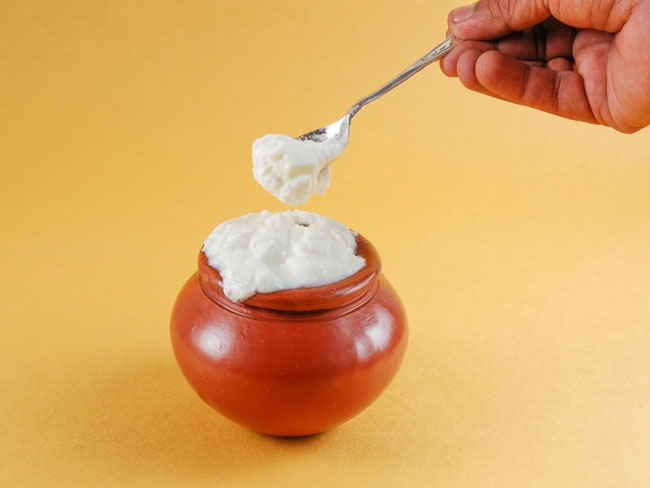Yogurt is a common food item that people enjoy with their meals, especially in an Indian thali. Its consumption tends to increase during the summer season. To enhance its taste, people often add spices and salt to yogurt. However, it is believed that yogurt should be eaten without salt. Let’s explore why adding salt to yogurt is not advisable and how you can enjoy it in other ways.
According to Ayurveda and some health experts, adding salt to yogurt is not recommended. It is believed that salt can kill the beneficial bacteria present in yogurt, which are essential for its probiotic benefits. In simple terms, adding salt to yogurt can destroy the good bacteria responsible for maintaining gut health. While some reports suggest that a small amount of salt in yogurt can aid digestion, too much salt can disrupt the digestive balance.
Ayurvedic experts recommend adding sugar or jaggery to yogurt instead. Additionally, you can mix black pepper or roasted cumin powder to enhance its flavor. If you have a sweet tooth, adding sugar or jaggery to yogurt can be a good option. The sugar present in yogurt helps boost blood sugar levels, providing an instant energy boost. If you’re feeling low on energy, sweetened yogurt can be beneficial. However, this may not be suitable for individuals with diabetes.
Salt is a vital source of sodium, which is necessary for maintaining the body’s electrolyte balance. It can be particularly useful in hot weather or after exercise. Some reports suggest that consuming yogurt with salt can help replenish lost electrolytes. However, it is essential to avoid excessive salt intake.
In conclusion, while yogurt is a healthy food, it is best enjoyed without salt to preserve its probiotic benefits. If you want to enhance its taste, try using alternatives like sugar, jaggery, or spices.




